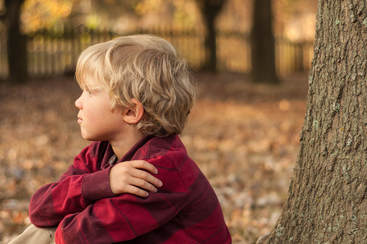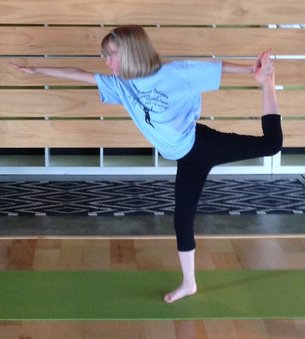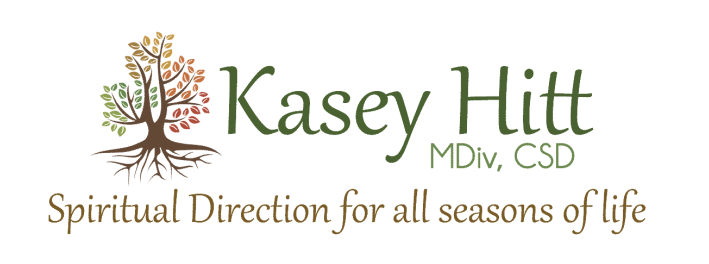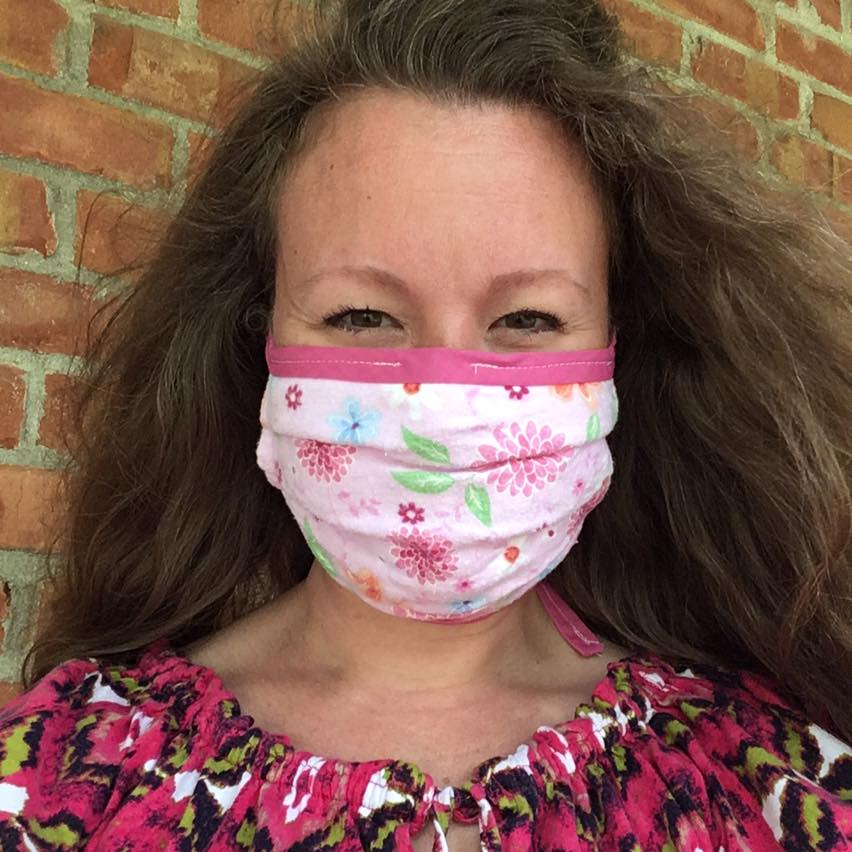 When was the last time you listened to the wisdom of your body? If you’re like me, you may tend to ignore or put off its signals for rest or even a bathroom break, much less listen to its wisdom! This is a lifelong learning for me, but I continue to pursue it because like dreams, the body tells us the truth even as our ego, survival self keeps plowing ahead checking off items on our to do list. When in my ego, survival self, I find my body a distraction. When not pushing through or ignoring it, I tend to be critiquing and evaluating it instead. BUT, when listening from my more compassionate Self, I discover awe and gratitude for my body’s wisdom. My body becomes a gift from God and in those moments when I receive that gift through attentiveness, a shift happens. I am taken to a deeper, more authentic place where I’m much kinder to myself and others. A perspective comes that I was not aware of prior to listening to my body. Or, some expression like a cleansing cry allows for a much needed physical and emotional release. And it can happen in a matter of moments! So here is an easy way to begin to offer a listening ear to your body & hear what wisdom it holds:
Let yourself stay with and in the moment with your body for as long as you are able or desire. You might pause for a moment and say, “This is what incarnation feels like” realizing the Spirit of God dwells within you. Then place a gentle hand on your body or speak some gentle words of gratitude to and for your body before you continue with your day.  Spiritual practices, like meditation and even church-going, can become spiritual bypass—ways of bypassing reality both outside and inside of us, dissociating from wounds within and without, ignoring the healing work that needs to be done in our inner and outer world. But spiritual practices can also be vehicles for transformation of both ourselves and our world. How?—by giving us new ways of seeing and being (which is the whole point of authentic spiritual practice). Let’s take a look at a few practices... Conscious Breathing: With as little as 10 slow, complete exhales and 10 full, relaxed inhales, we can calm the fight, flight, freeze survival impulse, allowing us to move from a reactive, closed off, defensive place to a receptive, open, deeper place. Centering Prayer: Through daily practice of 20 minutes of silent surrendering to God’s presence & action, we let go of our ego-drivenness and receive inner healing of compulsions and soul wounds. Not only does this bring personal freedom but it releases us from projecting our compulsions and wounds on others and passing them down to our children. Lectio Divina: Spiritual reading allows a word or phrase in a small portion of inspired text, whether sacred Scriptures like the Psalms or a poem, to speak to us. Rather than bringing what we already know or studying it, we allow the text to study us! As we bring our story, our lives, to it, we humbly listen for the wisdom and guidance being offered (which may be encouragement to see a counselor or write a letter to your senator!). Awareness Examen: Looking over our lives at the end of the day through the eyes of God helps us become aware of God’s life-giving presence and action (and the times throughout the day when we were unaware or resistant). The patterns of what is life-giving and life-draining help us discern who we are and what we are to offer this world. Silent Retreats: Extended time in silence and solitude creates space for our souls to rest and play which opens us to better hear the “still, small voice” which may be drowned out by the external noise of daily life or the internal noise of comparing ourselves to others. There are so many practices I could list here but the point isn’t the practice itself, it’s the “fruit.” Seated meditation may not fit you. You may desire some kind of moving meditation, like dance or qigong. Or you may prefer to spend time in nature or doing art. What practices have you found that cultivate love in you? What helps you have eyes to see and tend to the suffering both inside yourself and in others? Which ways of wisdom help you discern what is yours to offer this world (not out of compulsion but compassion)? A Spiritual Director can companion you on this journey of discovery of spiritual practices. But remember, it’s not necessarily the practices, it’s the humans who are transformed by these practices, that this world needs. What do spiritual practices like Centering Prayer offer a hurting world?—YOU! How does your body let you know?
Here's how mine lets me know that the chaos is starting to overwhelm: My... ...eyes feel strained and tired. ...brain feels like an electrical storm of overstimulation. ...breathing is shallow or I'm holding my breath. ...adrenaline surges, making it hard to be still. ...chest feels heavy and tight with anxiety. ...shoulders and neck get tense. ...head begins to ache from all of the above! This is a sure sign to me that it’s time to step away from the phone, stop scrolling through social media, or reading/watching/listening to the news. I won’t find what I’m really looking (or longing for) anyway! And no, I'm not not talking dissociation (disconnecting with reality) and ignoring what is going on in the world. I'm talking about connecting with reality as it is experienced and revealed by our bodies so that we can connect to reality as it is outside of our bodies in a healthy way. What if we asked ourselves, "Who is the me I'm bringing to the world (and to the issues at hand)?" Am I bringing my frantic, survival self or my grounded, truer self? Which would you prefer, by the way? How do we do we connect with our true self (hint: not through more social media or news!)? By diving under the chaotic surface of the waves (remember they’re connected to the calming deep but few venture to go there!), we discover our truer self. In the deep we surprisingly find we’re able to breathe, rest (physically & more!), and receive what’s next (or what isn’t next). Instead of my frazzled, overstimulated, chaotic mind making decisions, I can bring to the world (& all its issues) the contemplative mind…the mind of Christ. So here’s some permission. Dive (or if you’re extremely tired, sink) into the deep for a while. Still don’t know how? Are you breathing as you read this? That is your starting place. Then maybe some Spiritual Direction for further exploration. Pause for a moment. Notice your breath. Are you shallow-breathing or holding your breath? Both are common when in front of a screen. Both are common during times of fight, flight, or freeze. Our heart rate increases and breathing becomes restricted readying us for whatever action is needed to help us survive a threatening situation. While being in front of a screen is a false threat (our survival is not at stake), it can trigger the same bodily responses. What we see, hear, and read on screens often keeps threats right in front of us keeping us in fear of what looms around every corner…and it’s certainly heightened this year! Interestingly enough, the breath is in the spotlight this year—the ability to breathe being threatened by COVID-19, breath being forcibly cut off by a police officer’s knee, fear of being unable to breathe when wearing facemasks, fear of others’ breath who are not wearing facemasks… Survival breathing can become the norm when our days (and nights) are filled with hypervigilance (compulsively on the lookout for threats). This “survival breathing” can lead to a host of issues from sleep problems to overly consuming food or information, from chronic anxiety to the inability to make wise decisions. Our bodies, minds, emotions, and souls need the fullness of the breath. Without breath, there is no life (literally and metaphorically). Poet Mary Oliver speaks of the latter when she writes, “Listen, are you breathing just a little and calling it a life?” To live fully, creatively, and wisely, we need the breath. Earlier this year, I taught “Meditating with the Aramaic Beatitudes.” In Jesus’ native language of Aramaic (which lends itself to various images & layers of meaning), one translation of the very first Beatitude found in Matthew 5:3 reads, “Ripe are those who find their home in the breath (the Spirit); they shall be attuned to the inner reign of God.” The word for “spirit,” rukha in Aramaic (like ruach in Hebrew and pneuma in Greek), can also be translated as “breath.” What does finding your home in the breath (which is also Spirit) offer you today? How is breathing foundational to your ability to be present to God, yourself, and others? What actions can you take to help others’ “find their home in the breath,” too? After all, we are all connected by the same breath! Several years ago after teaching classes on “Breathing as a Spiritual Practice,” I created a short, 3-part video series with light-hearted exercises to give our diaphragms needed attention so that a slow, relaxed breath is more easily remembered and accessible to us. Even in times of trouble. You can find those videos here. I’m going to practice some with my facemask on to remind myself that the mask itself does not need to be a threat! While I hope you’ll watch the videos, you do not have to in order to receive the gift of a full, slow, relaxed breath…it’s available to you right now (just like God’s presence)! So pause for a moment again. Whether privately without a facemask or publicly with a facemask, whether in front of a screen or not, let breathing be your prayer today. Breathe deep the Breath of God. For a related article, see "What do the Coronavirus and the Reign of Love have in Common?: A Facebook Post from June 27th"
Do you know the difference between Self-Comfort and Self-Care? Yesterday I presented “Resilience for Spiritual Caregivers,” a slideshow from The Seattle School of Theology and Psychology (I attended their online webinar in May). It's so important for those of us caring for the souls of others to not neglect our own. Yet it’s all-too-common for neglect to happen, especially during times of anxiety/trauma/crisis. One insight from The Seattle School’s Resilient Leaders’ Project was the differences between the coping behaviors of “Self-Comfort vs. Self-Care”--- Both are very much a part of our specific stories (what we turn to for comfort and care differ for each of us). Both have their place. Self-Comfort behaviors are… -short-term solutions which are often detrimental to our long-term health. -often isolating, done in private. Self-Care behaviors… -support our long-term well-being. -increase our sense of connection to self, others, & God. Binging on Netflix all day may help me cope for a short while by forgetting my own story. But losing myself in the stories of others while sitting on the couch is not what my mind, body, and soul are deeply craving. It may be okay in the short-term; it’s not a good long-term solution. In fact, self-comforting behaviors can turn into unhealthy patterns (addictions) if not recognized. A pandemic and the current political climate will certainly bring out the need for self-comfort (which can be a cause for self-shaming)! Rather than criticize ourselves, we can try being curious and compassionate instead. We might ask questions like: -Why do I try to comfort myself with food (or where did I learn to comfort myself in this way)? -What gets in the way of me doing what is healthy for myself? Two self-comforting strategies that had turned into unhealthy distractions for me:
The first I argued was a way to keep me connected to others but honestly, it had become more of a life-draining rather than life-giving habit. My 9-year-old encouraged me to remove it, so I did. I’m reaching for my phone less and present to my kids more without the pressure to narrate my days with posts & photos. The second offered a way to zone out alongside my spouse once the kids were in bed but kept me riled up until the point of exhaustion! So rather than the news, I’m now taking the hour before bed to read fiction and draw with color pencils...my whole being (& my family) is affirming this choice! I still need my time watching Masterpiece dramas as well as baking (& eating) fun desserts, but I recognize these are self-comforting strategies. Binging on either day-after-day will have negative consequences! Art, Zumba, Centering Prayer, poetry, juggling, delighting in healthy meals, dancing to 80s music with my kids, chats on the porch swing with my spouse, socially-distanced socializing with friends, talking with my Spiritual Director on the phone...when engaged in healthy and not legalistic ways, are self-caring behaviors that support me as I walk in the way that leads to Life. May you be curious as to the ways you comfort and care for yourself. Since everything is interconnected, the ways you care for yourself (or don't) will impact those in your care! I’m happy to join you in discerning what will best support your journey (especially during this time of global anxiety). Schedule a 30 minute or 1 hour session of Spiritual Direction &/or Dreamwork. Learn more about The Seattle School of Theology & Psychology's Certificate in Resilient Service (going online for the first time!).  My son was angry about getting family photos taken. This probably isn't far off from the way I looked on my own rage-filled day when I finally admitted all my ways of prayer had stopped "working." My son was angry about getting family photos taken. This probably isn't far off from the way I looked on my own rage-filled day when I finally admitted all my ways of prayer had stopped "working." A poem written in 2013 about what led me to meditation & other contemplative practices years ago. All my old ways of finding God kept failing And one rage-filled day I stopped trying Sat down wondering if I was worth finding Let go of seeking and began trusting And breathing. Many are the ways seeming right to a man I started recalling My ways kept putting me in charge of the finding who the Psalmist found futile escaping.  Lainey demonstrating the pose for "Patience." I kept falling out of this pose last week...imagine that! Lainey demonstrating the pose for "Patience." I kept falling out of this pose last week...imagine that! The day after school ended, my kids and I headed out-of-state to visit friends and family. I was tired before this trip down memory lane began so I really needed to engage the Fruit of the Spirit (patience & gentleness don't come easily in such circumstances)! I tried breathing in and out each fruit, dwelling on those especially needed. However, being out of my normal exercise routine, this didn't suffice...my whole body wanted to join in on the practice. So I found myself revisiting the prayer postures that my daughter and her yoga teacher, spiritual director, and author of Holy Listening with Breath, Body, and the Spirit, Whitney Simpson, put together to remember and receive the Fruits of the Spirit. Together we wrote a blog series for Ministry Matters in 2014, found here. With the celebration of the Holy Spirit's presence & power happening just two days ago on Pentecost Sunday, I thought I'd take another trip down memory lane by reminding us all of these prayer postures and the devotionals that go with them. Come taste and see... Holy Trinity, as we allow ourselves to feast on the fruit of You in our lives, may we become what we eat. May we embody love, joy, peace, patience, kindness, goodness, faithfulness, gentleness, and self control, and truly become the Body of Christ in this world. Amen. Three final breathing practices offering an even deeper experience of the Spirit of Life through our breath. Continue to experience a full breath and incorporate your breath into prayer. Continue to learn what a full breath feels like through 3 more breathing exercises! Greater calm, clarity & creativity are offered to us by the Breath of Life, are we ready to receive such a gift? Did you know that breathing can be a spiritual practice? Discover how to welcome the Spirit of Life and receive the free gift of a deep, calm, relaxed breath. Over the next three weeks, I'll introduce you to nine simple (& fun!) breathing practices. |
AuthorKasey is a scarf, ball and club juggling spiritual director just outside of Nashville, TN. Play helps her Type-A, Enneagram 1 personality relax, creating space for poetry and other words to emerge. She also likes playing with theological ideas like perichoresis, and all the ways we're invited into this Triune dance. Archives
January 2024
Categories
All
|
By clicking “Sign up for E-News” I consent to the collection and secure storage of this data as described in the Privacy Policy. The information provided on this form will be used to provide me with updates and marketing. I understand that I may modify or delete my data at any time.




 RSS Feed
RSS Feed

